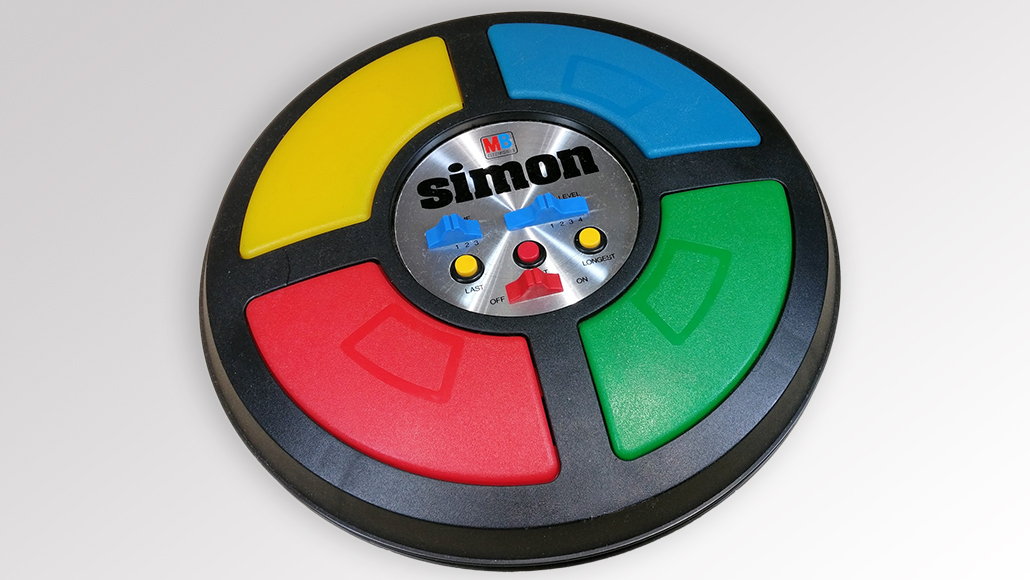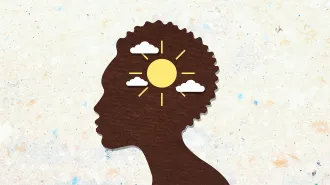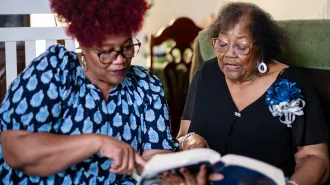A game based on Simon shows how people mentally rehearse new information
Newly learned information reverberates in resting brains

After learning patterns in a game similar to Simon — an electronic game of memory skill — two men’s brains replayed the new information during post-game rests.
Shritwod/Wikimedia Commons (CC0 1.0)







